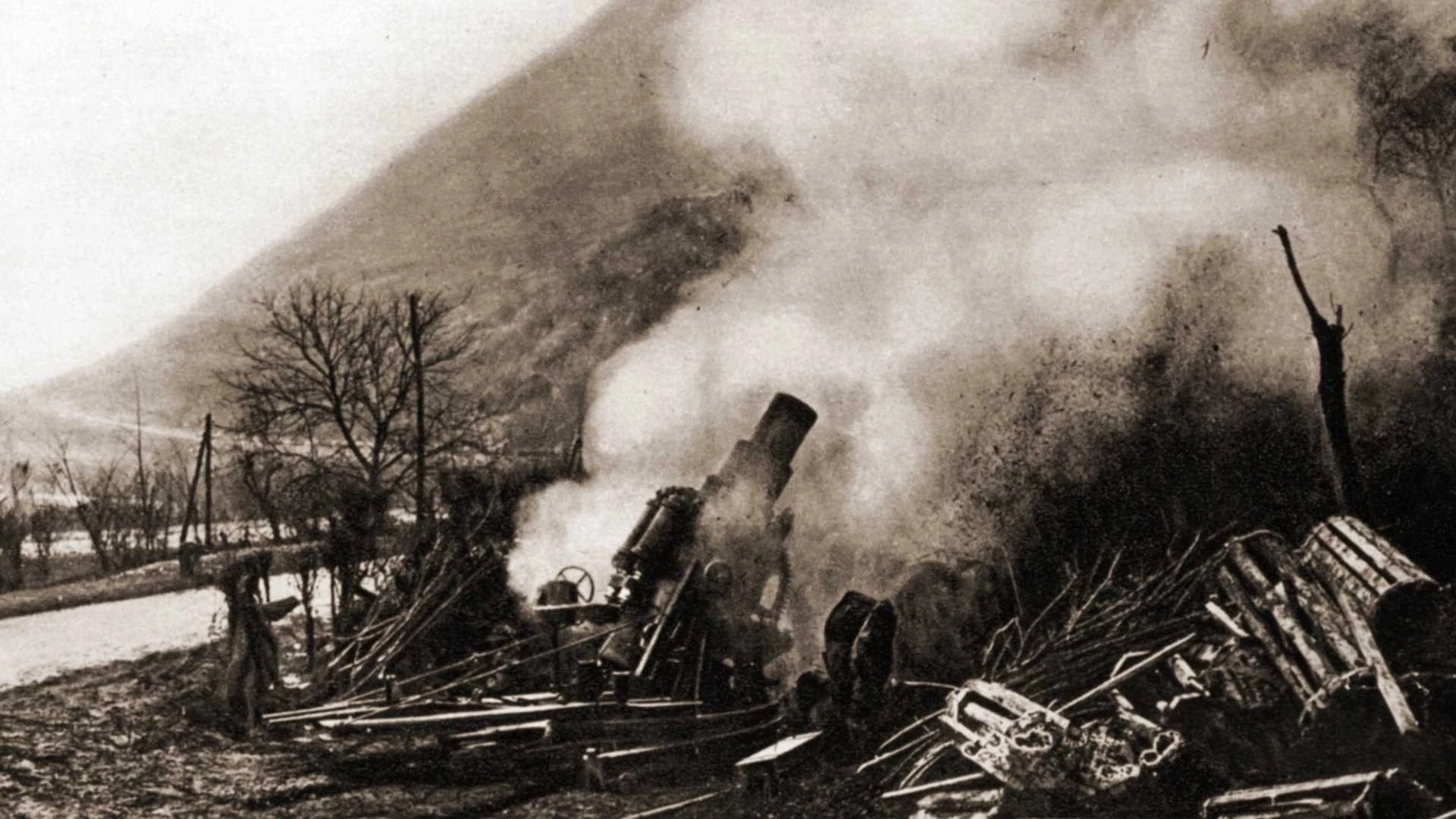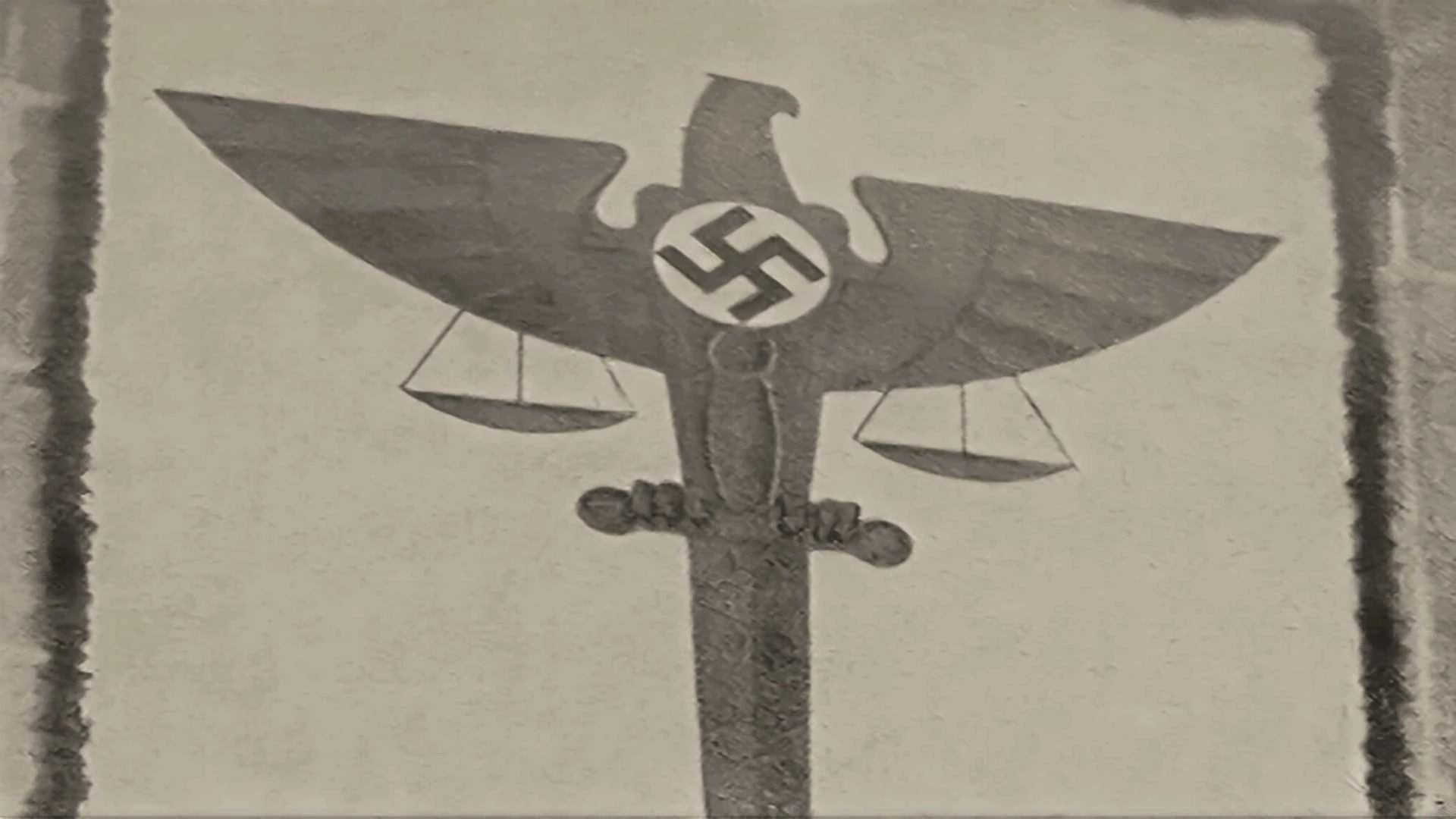20. Jahrhundert: 1914-1945 | Nationalsozialismus
Judiciary
The judiciary must protect the individual and guarantee the equality of all citizens before the law. This basic legal principle also holds true in Germany until 1933. Then, sudeenly, it no longer applies. With the Nazis’ seizure of power, the judicial system is brought into line and the rule of law is undermined. Judges now become collaborators of the Nazi regime and support it in eliminating political opponents – freely following the motto: "Justice is what benefits the people". Suitable laws are now provided retroactively for murders and the rights of Jewish citizens are massively restricted. With the "Aryan Paragraph", the National Socialists’ racial ideology becomes law.
mehr
weniger
Reichsgericht, court, lawyers, jurists, judges, jurisdiction, state of authority, Adolf Hitler, Reichstag fire, Marinus van der Lubbe, basic rights, emergency decree, Tag von Potsdam, seizure of power, seizing power, Heinrich Himmler, concentration camp, parliament, Enabling Act, Volksgemeinschaft, National Socialists, process, blood justice, SA, Ernst Röhm, murder, Reichswehr, propaganda, separation of powers, Führer-state, NSDAP, Nazi regime, ostracizing, boycott, jews, antisemitism, anti-Semitism, racist ideology, Aryan Paragraph, concentration camps, radicalisation, Nuremberg Laws, citizen of the Reich, Rassenschande, November 9th, Pogrom night, Annette Schücking-Homeyer, prisons, terror, violence, political opponents, secret state police, informers, Regional High Court, special courts, expedited proceedings, treason, accused, death penalty, death, penalties, National Socialist judges, Gestapo, Volksgerichtshof, Roland Freisler, GDR, Volksrichter, West Germany, Volkschädlings-Verordnung, death penalties, German Federal Court
Geeignet für die Fächer:
Geschichte


